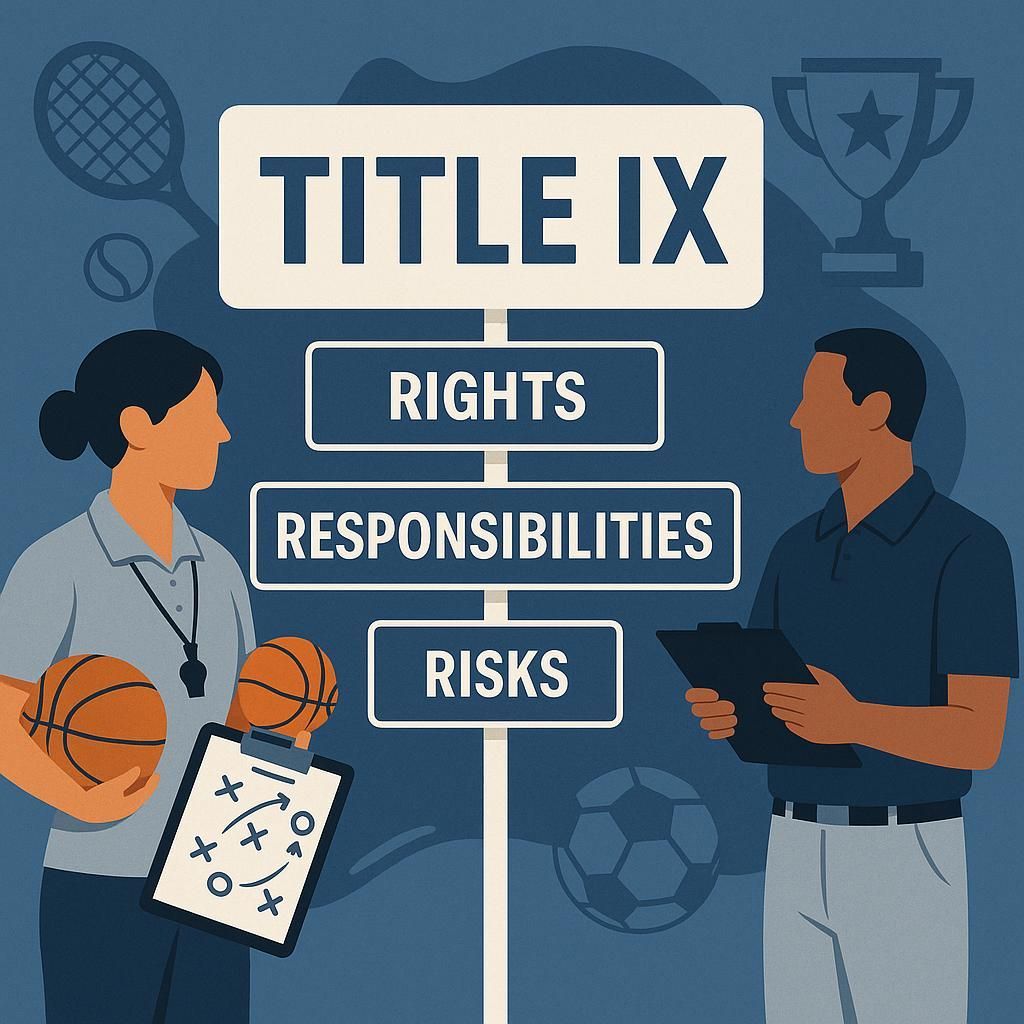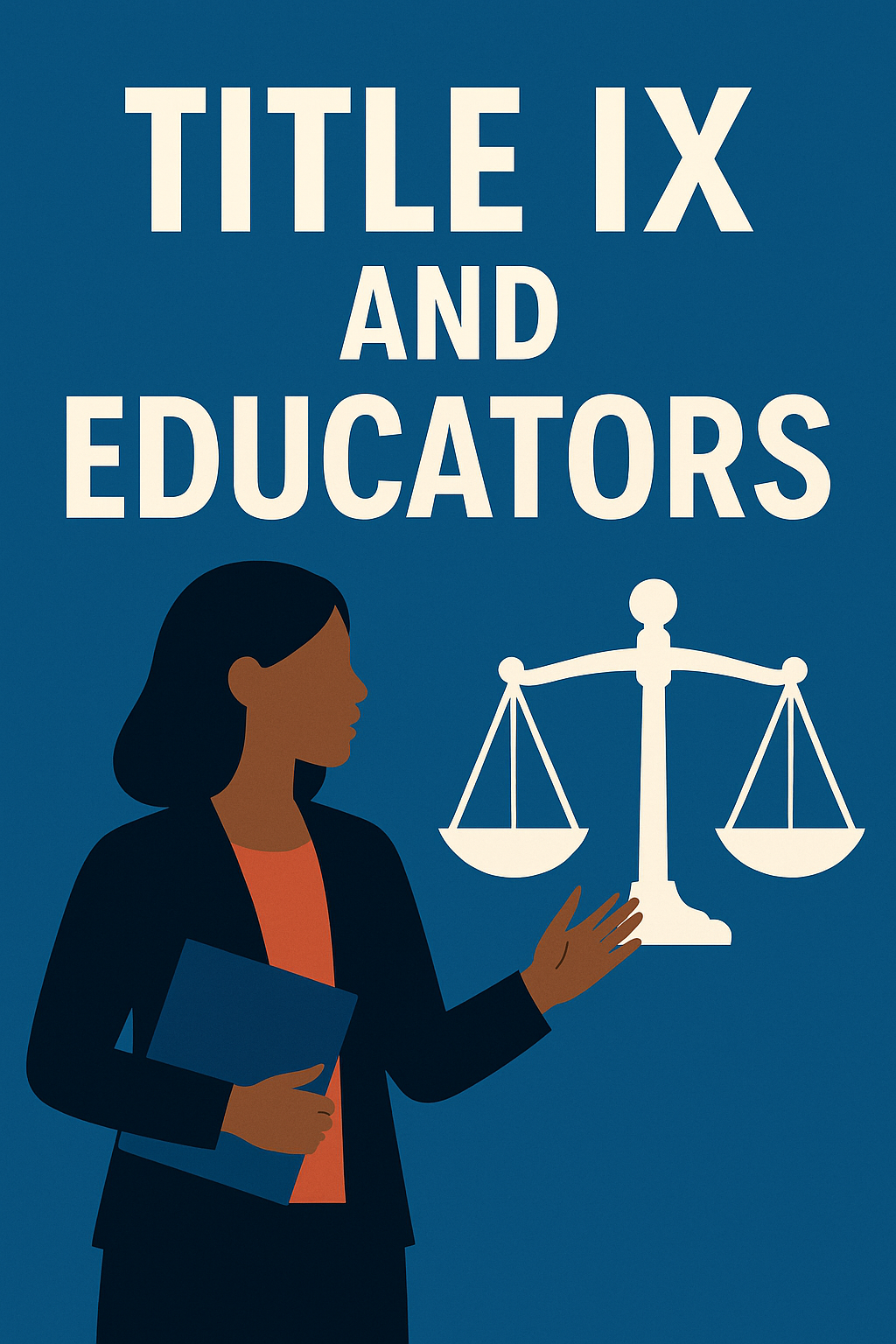Why Schools Must Act Now: The Urgent Need for AI Policies in Education
In the rapidly evolving landscape of education, one thing is certain: artificial intelligence (AI) is no longer just a futuristic concept but a present-day reality that schools, colleges, and universities must face head-on. As AI tools become more accessible to students and educators alike, schools are presented with both tremendous opportunities and serious challenges. These tools, like ChatGPT and other generative AI platforms, have the power to transform how students learn and how teachers instruct. However, without well-crafted policies in place, the rise of AI can lead to significant legal disputes, questions about academic integrity, and confusion among students and faculty.
One pressing example of the need for AI policies in education comes from a recent legal case in Massachusetts. A high school senior was disciplined after using AI to assist in creating an outline for a history essay. Though the school did not have a specific AI policy at the time, the student faced harsh consequences, including a failing grade on the assignment, exclusion from the National Honor Society, and a lasting mark on his academic record. The lack of clear guidelines on AI use in the school’s handbook left both the student and the educators in a difficult situation. This case underscores a critical point: schools must establish clear, comprehensive AI policies now and in the future to avoid similar legal battles and protect both students and their institutions.
The Growing Role of AI in Education
AI is no longer a novel concept but an integral part of many classrooms around the world. From AI-powered tutoring systems to intelligent learning platforms, these tools are already helping students better understand complex topics, personalize their learning paths, and even automate mundane administrative tasks for teachers. AI holds incredible potential to improve student engagement and academic outcomes, particularly in areas like special education, where personalized approaches are invaluable.
However, while AI can enhance learning, its unchecked use can lead to significant problems. Schools are already seeing students use AI tools like ChatGPT to complete assignments, research projects, and even creative writing tasks. Without proper regulation, AI use in academic work can blur the lines between independent thought and machine-generated output, raising ethical concerns about plagiarism and academic integrity.
Schools need to create policies that address these concerns and clearly define acceptable AI use. The challenge is finding a balance between embracing the benefits of AI while maintaining the principles of academic honesty and critical thinking that are the bedrock of education. In today’s rapidly changing digital environment, failing to create these policies opens schools up to legal risk and undermines the credibility of academic achievements.
Why Schools Need AI Policies Now
With AI’s growing presence in classrooms, schools cannot afford to delay the creation of formal AI policies. These policies need to be more than just a set of rules; they should be comprehensive frameworks that guide both students and teachers on the responsible use of AI. Without such policies, schools may struggle to maintain fairness, transparency, and accountability, which are essential in education.
The case in Massachusetts is a prime example of how the absence of an AI policy can lead to confusion and disputes. The student and his family argued that AI was used for research purposes, much like using a search engine, and did not constitute cheating. However, because the school had no clear rules about AI use, the student faced serious consequences. The lack of a formal policy put the school in a precarious position, exposing it to legal action and potential damage to its reputation.
This incident is just one of what could be many cases if schools do not act swiftly to regulate AI use. As AI continues to develop and become even more embedded in the academic world, schools must take proactive steps to protect their students and staff from unnecessary legal risks. By implementing AI policies now, schools can ensure they are prepared for the future and minimize the chance of facing similar legal challenges.
Legal Risks of Inaction
Schools that fail to implement clear AI policies risk facing legal battles similar to the one in Massachusetts. Without a formal policy, disciplinary actions for AI use are vulnerable to legal scrutiny. Students may argue that they were unaware of the rules regarding AI, leading to lawsuits over unfair punishments. Moreover, schools that rely on outdated or vague policies may find themselves on the losing side of legal disputes, especially if the courts view AI as an emerging technology that requires explicit guidelines.
Beyond individual lawsuits, schools also risk long-term reputational damage if they are perceived as unprepared to handle the complexities of AI in education. Parents, students, and faculty expect educational institutions to provide clear guidance on how to use new technologies responsibly. Schools that fail to do so may lose the trust of their communities and find it harder to attract top talent in both their student body and teaching staff.
Additionally, universities and colleges are already beginning to implement their own AI policies. As more higher education institutions formalize their rules around AI, K-12 schools will likely need to follow suit to ensure that their students are prepared for the expectations of university life. The sooner schools establish AI policies, the better positioned they will be to navigate the inevitable challenges that come with integrating AI into the educational system.
What Effective AI Policies Should Include
For schools to create effective AI policies, they need to focus on several key components that address both the potential benefits and risks of AI in education. A well-rounded AI policy should cover the following areas:
- Clear Definitions: Schools need to define what constitutes appropriate and inappropriate AI use. This includes whether AI can be used for research purposes, writing assistance, or problem-solving in academic work. The policy should also clarify when AI use is strictly prohibited, such as during exams or assessments that require independent thought.
- Ethical Guidelines: Schools should emphasize the ethical use of AI, teaching students about its limitations and potential biases. Students need to understand that while AI can help with certain tasks, it cannot replace critical thinking and creativity. Educating students on the ethical implications of AI will help foster responsible use.
- Citations for AI Use: Much like citing sources in a research paper, students should be required to cite AI tools they use for their assignments. This ensures transparency and allows teachers to assess how AI is being used in the learning process.
- Teacher Training: It’s essential that teachers understand the role of AI in education and how to guide students in using these tools responsibly. Professional development sessions can help educators stay updated on the latest AI advancements and learn how to integrate AI effectively into their teaching methods.
- Consequences for Misuse: The policy should outline clear consequences for students who misuse AI, such as using it to cheat or bypass the learning process. At the same time, the policy should distinguish between intentional misuse and accidental errors, providing a fair framework for handling disciplinary actions.
- Student Education: Students should be informed of the rules and consequences surrounding AI use. Schools should offer workshops or resources that explain how AI fits into the academic setting and the expectations for its use.
Schools Take Action
In Texas, some school districts are already drafting AI policies to address its growing presence in classrooms. A representative from a Houston school district remarked, “We’re seeing AI being used more frequently by students, and it’s our responsibility to guide them on how to use these tools ethically and in line with our academic standards.” These proactive measures are helping to prevent the confusion and disputes that can arise from AI use in education.
Universities and colleges are also leading the way by incorporating AI policies into their student handbooks. As more higher education institutions formalize their AI guidelines, K-12 schools will likely follow suit to ensure that students are well-prepared for future academic challenges. Experts predict that the demand for AI policies in schools will only continue to grow as technology advances.
Masterly Legal Solutions offers expert legal guidance to schools, universities, and educational institutions seeking to develop comprehensive AI policies. Our legal team specializes in education law and can assist in drafting policies, providing staff training, and ensuring schools remain compliant with emerging AI regulations.
Contact Us for a Free Consultation About AI Policies in Education
If your school, district, or institution is ready to take the next step in developing comprehensive AI policies or needs legal guidance on navigating the complexities of AI in education, contact Masterly Legal Solutions at (972) 236-5051 for a free consultation. We are here to help you implement effective, forward-thinking policies that ensure compliance, protect academic integrity, and mitigate legal risks.
Remember, this article is for educational purposes only and does not constitute legal advice. Please consult an attorney for specific legal guidance related to your institution’s needs.

Looking for Legal & Business Solutions? Contact Us Now
Fill in the form or call us to set up a meeting













